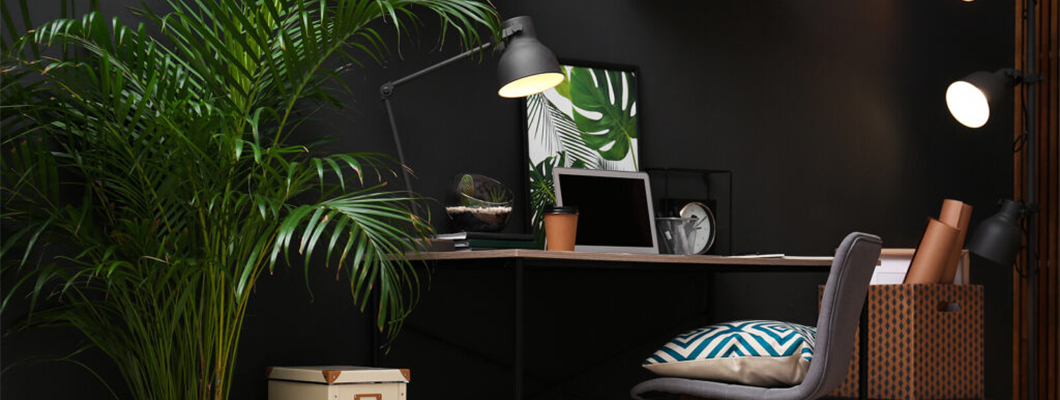
Working from home, for many people, is now part of the everyday. The separation from your working environment, whether office or classroom, can have a significant impact on the amount of screen time we now consume.
Home TVs, laptops, smartphones, gaming consoles; Unicef have reported a significant increase in gaming and social media usage since early March. And, with the majority of students now out of school, parents have to manage their children’s screen time as well.
With all this in mind, what actually are the effects of prolonged screen use? What does the research say about the harmful effects of blue light? And how can we protect our eyes now that we’re all at home and our screen time is increasing?
How does prolonged screen use affect you?
The prevailing consumer mindset is that looking at a screen or a smartphone can damage your eyes. The good news is that there is no evidence of this.
However, people do find looking at a screen for a long time is tiring and can cause eye strain. This is known as computer eye strain.
With working from home, gaming, social media and even for the countless hours poured into Houseparty, here are some top tips about what you can do to help prevent computer eye strain:
- Use the 20 / 20 /20 rule! Every 20 minutes look at something 20 feet away (6 meters) for 20 seconds, this gives your eyes time to rest and recharge. Why not set a timer next to your computer to remind you when 20 minutes is up?
- Remember to blink. When you look at a screen or a smartphone, you can actually blink less effectively. This makes your eyes feel dry.
- Make your screen’s font larger and ensure the brightness is set to the lowest comfortable level.
- Position your computer screen at 40-75cm at eye level.
If you’re using a smartphone, try to hold it in the position where you would normally hold a book, but avoid reading it laying on your side or back. A recent YouGov poll, found that 1 in 3 people in the UK have noticed that their eyesight has deteriorated because of an increased screen usage.1 As a result, 39% of respondents have found reading more difficult, 17% are struggling with night vision and 23% reported that they suffering from increased headaches and migraines.1
Our own Specsavers survey of adults working from home also found that 15% never take a screen break, and each day spend nearly 8 hours staring directly at either their computer screen or phone.2
Whilst working from home through the winter months, the effect on eyesight can be even greater because of the lack of natural daylight (despite many having more lights on in their homes).
How to reduce eye strain while working from home
With working from home, gaming, social media, and even for the countless hours poured into Zoom, here are some top tips about what you can do to help prevent computer eye strain:
Has working from home changed your eyesight?
49% of the respondents in the YouGov poll reported an increase in their screen time since the start of the pandemic and 42% of adults have noticed a negative change in their vision.1
Despite this, people who are struggling are looking to find solutions, with 29% of people said they were interested in buying glasses to help with screen use since the start of the pandemic.2
If you’ve noticed a change in your vision, or are concerned about your eye health, then it’s best to speak to an optician about your symptoms.
How does blue light affect the eyes?
White light is made up of light from a variety of wavelengths; an example of this is a rainbow. Scientists have been concerned that blue light, which has the shortest wavelength and contains the most energy, may affect the eye.
Blue light, produced naturally by the sun and artificially by most artificial light sources, may help maintain your body clock, sometimes called the circadian rhythm.
How does blue light affect the eyes?
White light is made up of light from a variety of wavelengths; an example of this is a rainbow. Scientists have been concerned that blue light, which has the shortest wavelength and contains the most energy, may affect the eye.
Blue light, produced naturally by the sun and artificially by most artificial light sources, may help maintain your body clock, sometimes called the circadian rhythm.
Do blue light glasses work?
Artificial light blue light produced by digital screens are well within safe limits. There is no reliable scientific evidence to support the use of blue lens filters to block blue light, or that they can prevent long-term damage to the retina.3,4 You can find more information on blue light glasses here.
You could also try lenses that are specifically designed to help people who use multiple digital screens, especially smartphones. Find out more about the SuperDigital lifestyle varifocal lenses here.
The night mode features on your smartphone may increase the comfort of your eyes when reading at night, but again there is little evidence to demonstrate how well they work. The best advice is to take regular breaks and avoid looking at a screen for an hour before you wish to go to sleep.
Can wearing glasses protect me from coronavirus?
A recent review found that eye protection alone does not prevent the transmission of COVID-19.5 The conjunctiva could be suspect able to infective respiratory droplets from an infected person, however the best advice is to maintain two-metre social distancing and to always wash your hands.

Leave a Comment